Directory
- Share
Cleo Tung
- Alumni
- United States
- 2010 MPhil Criminology
- Murray Edwards College (New Hall)

Cleo Tung
- Alumni
- United States
- 2010 MPhil Criminology
- Murray Edwards College (New Hall)
In 2009, I graduated magna cum laude with a Bachelor of Arts in Criminology, Law & Society from the University of California, Irvine (UCI). I assisted my department in the exploration of rehabilitative programs for juvenile sex offenders. I also interned for the Attorney General's Office for the District of Columbia and served as chapter vice president of the United Nations Children's Fund (UNICEF). During my last year at UCI, I carried out a brief qualitative study on women serving life sentences in a southern California prison. I am interested in researching the criminalisation of women, specifically those who are seeking asylum in the United Kingdom. My study will evaluate the efficacy of the asylum system in addressing women's claims of gender persecution. More specifically, I will be looking at the discretionary power of immigration officials in detaining and criminalising female asylum applicants.
Ella Tunnicliffe-Glass
- Alumni
- New Zealand
- 2014 Mphil Music Studies
- Emmanuel College
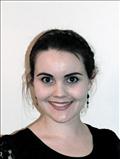
Ella Tunnicliffe-Glass
- Alumni
- New Zealand
- 2014 Mphil Music Studies
- Emmanuel College
Previous Education
The University of Auckland BMus (Classical Performance) / BSc (Psychology); BMus (Hons, Musicology) 2014
Petri Tuomola
- Alumni
- Finland
- 2003 MPhil Finance
- Queens' College
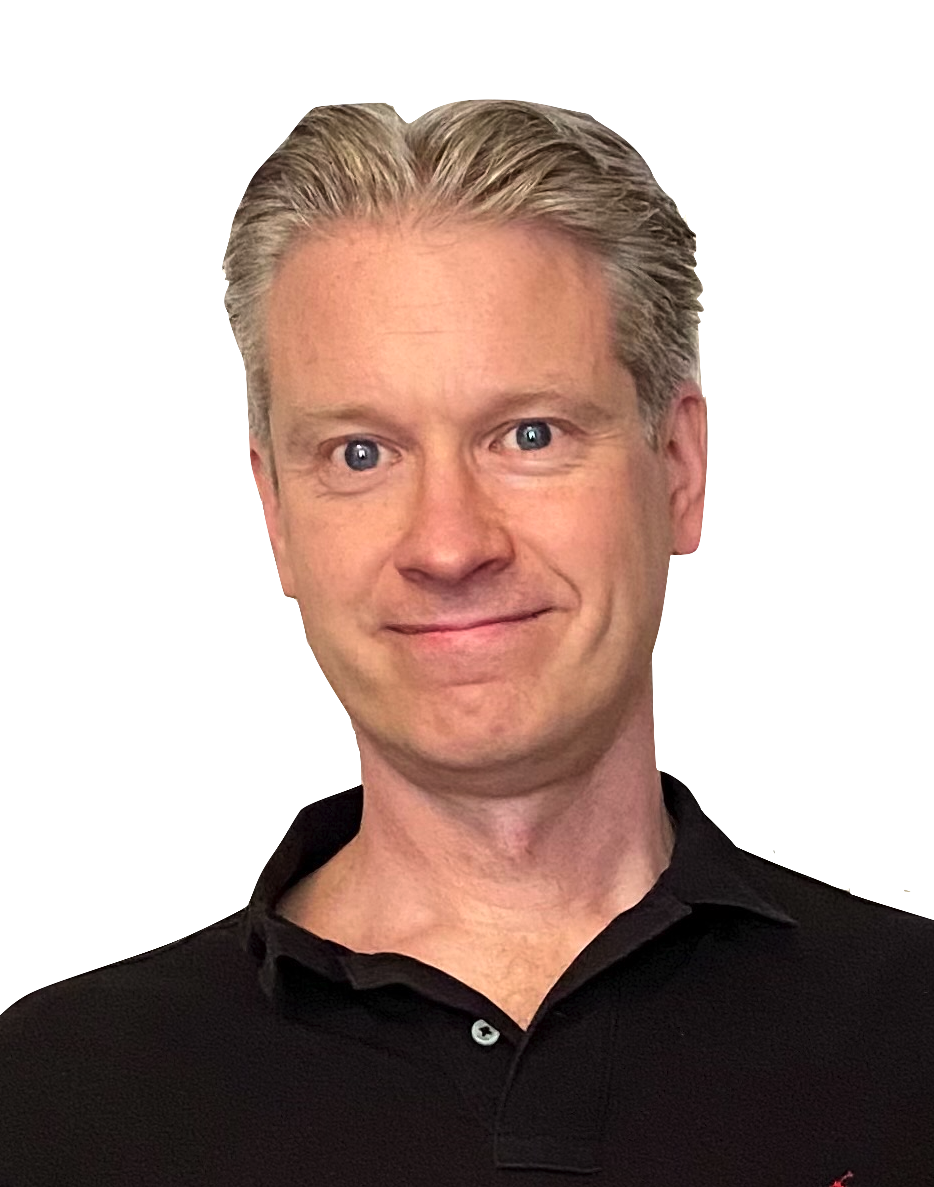
Petri Tuomola
- Alumni
- Finland
- 2003 MPhil Finance
- Queens' College
Domiziana Turcatti
- Alumni
- Italy
- 2018 MPhil Sociology
- Robinson College
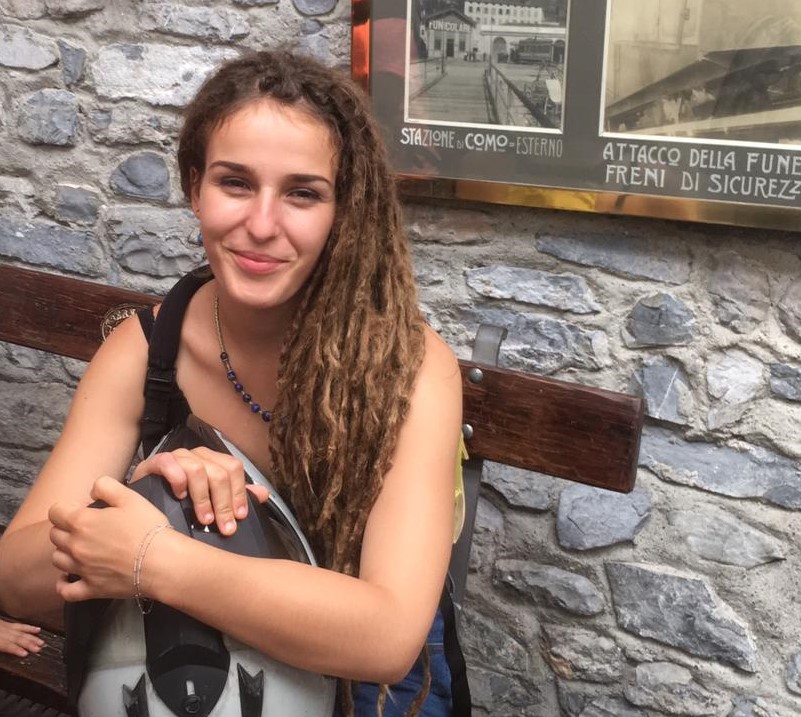
Domiziana Turcatti
- Alumni
- Italy
- 2018 MPhil Sociology
- Robinson College
Domiziana is a DPhil Candidate in Migration Studies and Clarendon Scholar investigating how families shape and are shaped by onward migration. Her doctoral research focuses on the experiences of onward Colombian families who moved from Spain to London.
Between June 2020 and June 2021, Domiziana co-led the project “Enhancing the impact of migration research with Latin Americans in London”, which sought to understand the impact of Brexit and COVID-19 on London’s Latin American migrants by building links with the community through knowledge exchange and engagement activities. The findings were published in the form of an executive summary geared towards the general public and available here.
In 2020, she worked as a research consultant for the project ‘Promoting Inclusion to Combat Early School Leaving’ co-funded by the Erasmus+ Programme of the European Union and promoting inclusive intercultural pedagogies for student engagement by bringing together researchers and teachers from schools from four EU countries (Italy, Spain, Portugal, and Croatia).
As of September 2020, Domiziana was appointed convener of the interdisciplinary Oxford Migration and Mobility Network which draws together researchers of migration and mobility from across the University of Oxford. From 2019 to 2021, she served as editor and then co-editor-in-chief of the Oxford Monitor of Forced Migration Journal.
Domiziana completed her MPhil in Sociology at the University of Cambridge in July 2019 with a Gates Cambridge Scholarship. Prior to moving to the UK, she completed her BA in Liberal Arts and Science at Amsterdam University College, where she ventured to understand the educational experiences and the peer culture of Moroccan-Dutch youth in Amsterdam and Rotterdam.
Previous Education
University of Amsterdam
Links
https://www.compas.ox.ac.uk/people/domiziana-turcatti
https://www.facebook.com/domiziana.turcatti
https://www.linkedin.com/in/domiziana-turcatti-711835191
Rebecca Turkington
- Alumni
- United States
- 2020 PhD History
- Clare Hall
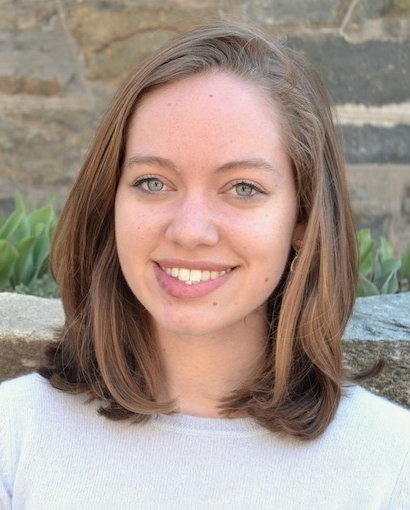
Rebecca Turkington
- Alumni
- United States
- 2020 PhD History
- Clare Hall
After studying International Relations and History at Wellesley College, I spent eight years working on global gender policy in Washington, DC at the National Democratic Institute, the Georgetown Institute for Women, Peace & Security, and the Council on Foreign Relations. My research on gender, conflict, and foreign policy focused on women's political agency and organizing—from their contributions to Track I peace negotiations, to their roles in terrorist groups. Through field work in Tunisia, Northern Ireland, Kenya, and China, I recognized how critical women's networks are to advancing change. During my History PhD at Cambridge I plan to study how women's transnational organizing influenced global policy in the 20th century, focusing on the contributions of women from the Middle East and North Africa. Understanding how women built and leveraged global networks offers an important perspective on rising international feminist activism today.
Previous Education
Georgetown University Security Studies 2017
Wellesley College Internatnl Relations-History 2012
Natasha Turkmani
- Alumni
- United States
- 2017 MPhil Energy Technologies
- Churchill College
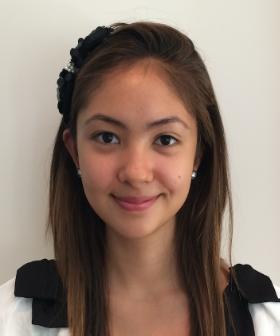
Natasha Turkmani
- Alumni
- United States
- 2017 MPhil Energy Technologies
- Churchill College
Through my travel experiences in Romania and Southeast Asia, I realized how the environment critically determines human development conditions, such as health, safety, and economy. My passion for climate change mitigation motivated me to study Civil & Environmental Engineering at Princeton University, where I quickly recognized the multitudinous benefits of renewable energy solutions. During my summer internship at the World Bank, I discovered how clean energy could help low income countries become energy independent, improve human quality of life, and reduce global carbon emissions. As an MPhil in Energy Technologies at Cambridge, I seek to address the trade-offs of deploying bioenergy in the transport sector, investigated through the lens of environmental sustainability and energy efficiency. I am honored to be joining the community of Gates Cambridge scholars and look forward to exploring the applications of energy technologies towards global development.
Previous Education
Princeton University
Marina Turlakova
- Alumni
- Kyrgyzstan
- 2007 MPhil Economics (Option A)
- Trinity College
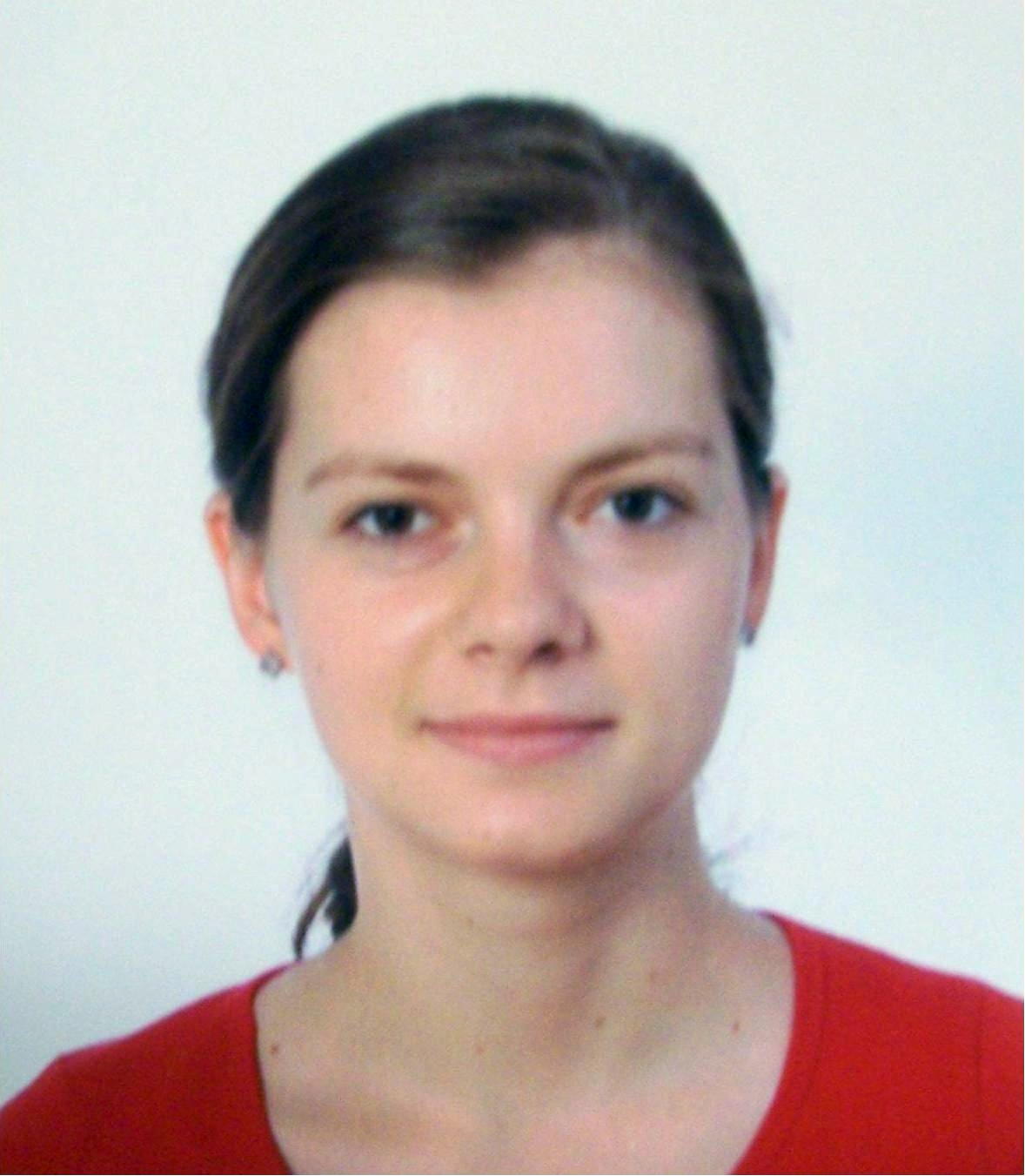
Marina Turlakova
- Alumni
- Kyrgyzstan
- 2007 MPhil Economics (Option A)
- Trinity College
Growing up in Kyrgyzstan during the fall of the Soviet Union, I developed a strong interest in the economic issues of countries striving to lift themselves out of poverty. I decided to major in Economics and Political Science and to take advantage of the excellent classes on development and transition economies offered at my university, Wellesley College, MA, USA and while on my junior year abroad at the University of Oxford, UK. Over the course of my studies, I explored policies aimed at stimulating growth of businesses and wrote my undergraduate thesis on determinants of enterprise performance in Russia and other transition economies. At the University of Cambridge, I intend to continue my research on the role of public policy in enterprise development. Ultimately, I hope to become a professional economist and contribute to the improvement of business performance and market competitiveness in transition economies.
Alimujiang Tusun
- Alumni
- China
- 2013 MPhil Theoretical & Applied Linguistics
- Fitzwilliam College

Alimujiang Tusun
- Alumni
- China
- 2013 MPhil Theoretical & Applied Linguistics
- Fitzwilliam College
Tatiana Tzoulia
- Alumni
- Greece
- 2002 PhD Economics
- Pembroke College

Tatiana Tzoulia
- Alumni
- Greece
- 2002 PhD Economics
- Pembroke College
Stepheni Uh
- Alumni
- United States
- 2018 PhD Biological Science at the MRC Cognition and Brain Sciences Unit
- St Edmund's College
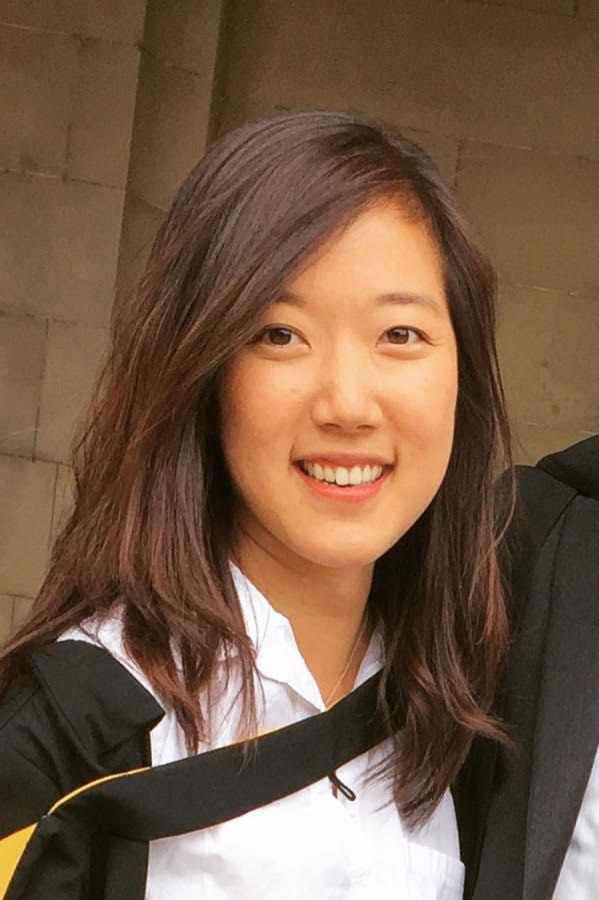
Stepheni Uh
- Alumni
- United States
- 2018 PhD Biological Science at the MRC Cognition and Brain Sciences Unit
- St Edmund's College
As a Korean American raised in Boise, Idaho who dreamed of becoming a lawyer, I never imagined that a few of my first friends at Emory University would be Tibetan monks, or that I would ultimately pursue an academic concentration in Neuroscience and Ethics. During my time at Emory, and while completing my MPhil at the University of St Andrews, I was exposed to the interdisciplinary nature of neuroscience as well as the growing field of neuroethics. My diverse research experiences as well as remarkable mentors have cultivated my ambition to research and apply translational neuroscience to enhance human wellbeing while raising awareness regarding the ethical, legal, and social implications of neuroscientific research. My PhD at University of Cambridge's MRC Cognition and Brain Sciences Unit will investigate the neurophysiological underpinnings of resilience in children growing up in poverty, with the motivation that achieving wellbeing is a global endeavor. The overarching aims are to better understand the neural mechanisms underlying this adaptive trait for conquering extreme stress and adversity and to translate our findings for interventions and policies to promote resilience in children from all backgrounds. It is an absolute honor to receive the Gates Cambridge Scholarship, and I am thrilled to become a part of this global community as well as to learn from this inspirational group of individuals.
Previous Education
Emory University
University of St Andrews
Andrzej Uhl
- Scholar
- Poland
- 2023 PhD Criminology
- St John's College

Andrzej Uhl
- Scholar
- Poland
- 2023 PhD Criminology
- St John's College
My planned research centres on the pressing questions of why certain people engage in corruption when its consequences can ultimately deprave the political system, rig the global economy and ruin the environment. And why do some refuse to?To answer these questions, I will explore the interplay of personal and situational factors in an experimental bribery game. Little can be done against corruption without a nuanced understanding of its causes. Through unpacking an individual-level mechanism of corrupt decision-making, I wish to respond to the ever-growing demand for evidence-based anti-corruption strategies.After observing how my home country’s newly-won democratic institutions were gradually eroded by political venality from 2015 onwards, with an ensuing deterioration in its Corruption Perception Index position, I began to focus my research on the subject. As it is by no means a merely regional problem, I plan to collect my data in under-researched jurisdictions of the Global South with the aim of studying the phenomenon in some of the societies it most affects.I am thrilled to join this global network dedicated to bettering the lives of others and profusely thank Gates Cambridge Trust for their generous support.
Previous Education
University of Cambridge MPhil in Criminology 2023
University of Heidelberg German and European Law 2021
Jagiellonian University Law 2019
Selen Uman
- Alumni
- Turkey
- 2015 MPhil Clinical Science (TMAT)
- Lucy Cavendish College
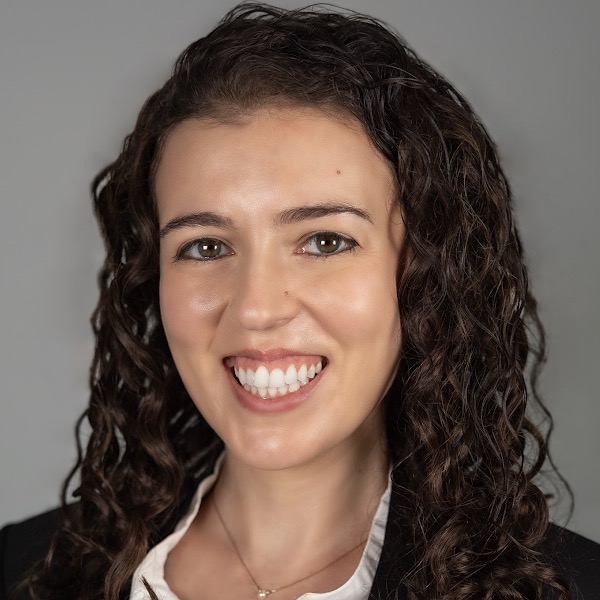
Selen Uman
- Alumni
- Turkey
- 2015 MPhil Clinical Science (TMAT)
- Lucy Cavendish College
Previous Education
Yale University
Ifeanyi Umunna
- Alumni
- United States, United Kingdom
- 2024 MPhil Criminology
- Murray Edwards College (New Hall)

Ifeanyi Umunna
- Alumni
- United States, United Kingdom
- 2024 MPhil Criminology
- Murray Edwards College (New Hall)
I am the proud daughter of an immigrant single mother. My extended family’s experiences with incarceration inform my worldview and push me to dedicate my career to ameliorating the American criminal justice system. As an undergraduate student at American University, I had the delight of serving the D.C. community through varied volunteer positions, including interning with Public Defenders’ offices and supporting local homeless outreach efforts. In these spaces, I learned from the firsthand experiences of justice-involved people, leading me to start ZeEntry, a nonprofit organization dedicated to closing the tech gap in the criminal justice system by connecting justice-involved individuals to Gen Z volunteers. During my MPhil in Criminology at Cambridge, I will study the policies that influence international criminal justice systems and consider how they might be improved to the benefit of all members of society. I am deeply honored to join the Gates Cambridge community as we collectively strive to contribute to a better world.
Previous Education
American University Washington Political Science 2023
Links
Alexa Uriostegui
- Alumni
- United States
- 2024 MPhil Latin-American Studies
- Darwin College
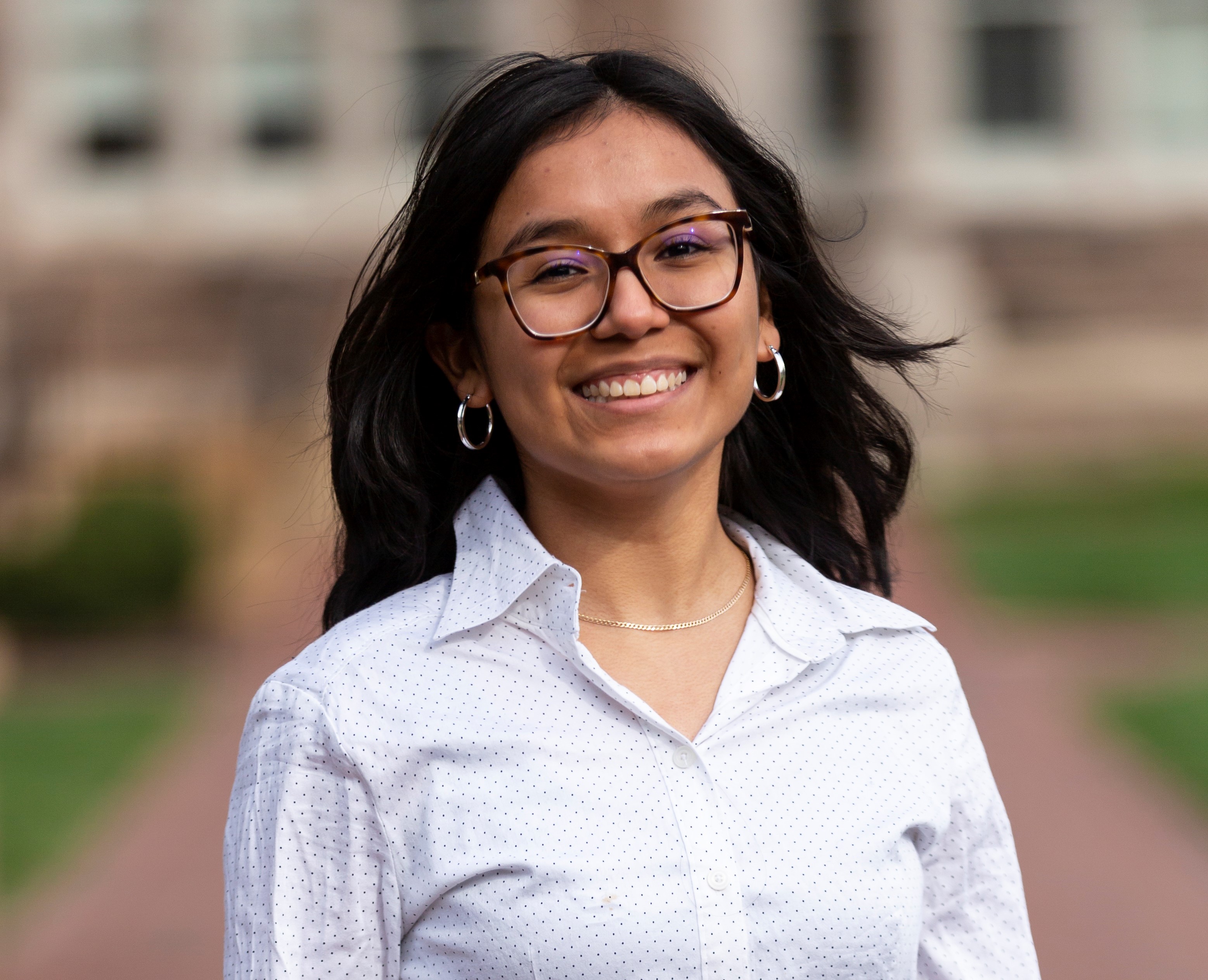
Alexa Uriostegui
- Alumni
- United States
- 2024 MPhil Latin-American Studies
- Darwin College
As the daughter of Mexican immigrants, my connection to Latin America started long before I was born. My family members were the first to plant the seeds of my interest in “philosophies of hope” that I would cultivate during my undergraduate career in Latin American Studies and Spanish at Washington University in St. Louis. In a time when democracy’s future seems uncertain, the Mellon Mays Undergraduate Fellowship allowed me to engage in deep studies of social movements, rekindling my faith in the powerful possibility of collective change. At the root, I am intrigued by social movement theory and particularly, transnational and transracial/transethnic social movements in Latin America. During the MPhil in Latin American Studies at Cambridge, I hope to research how anarcho-punks in Brazil and Mexico use art and music to mobilize their subculture, align themselves with political movements, and educate their surrounding communities. As a current and future educator, I see it as my civic duty to unearth these stories of youth coming together to make a change in society. In addition to my studies, I will collaborate with youth development organizations, local libraries, and museums to put my research into practice. It is an incredible honor to join the Gates Cambridge community.
Previous Education
Washington University Latin American Studies 2023
Amelia Urry
- Alumni
- United States
- 2020 PhD History & Philosophy of Science
- Darwin College
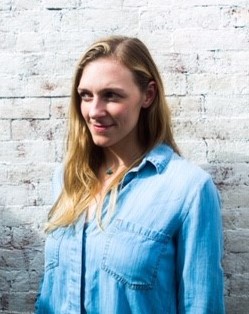
Amelia Urry
- Alumni
- United States
- 2020 PhD History & Philosophy of Science
- Darwin College
With a background in literature and journalism, I have spent a lot of time thinking about the gap between public ideas of science and how scientists think about their own work. My PhD will build on this idea through a history of climate science in Antarctica, a continent frequently depicted as a 'blank' for science to fill in. The past half-century of scientific attempts to map, measure, and model the seventh continent have led to the current "deep uncertainty" in IPCC projections of sea-level rise. The efforts to confront uncertainty in Antarctic oceans and ice sheets form an important chapter in the still-unfolding history of climate science, and I am honored and excited to have the opportunity to carry out this work as a member of the Gates community.
Previous Education
University of Cambridge History and Philosophy of Scie 2020
Yale University English, Creative Writing 2013
Joanne Usher
- Alumni
- Australia
- 2016 PhD Biological Science @ MRC LMB
- Peterhouse
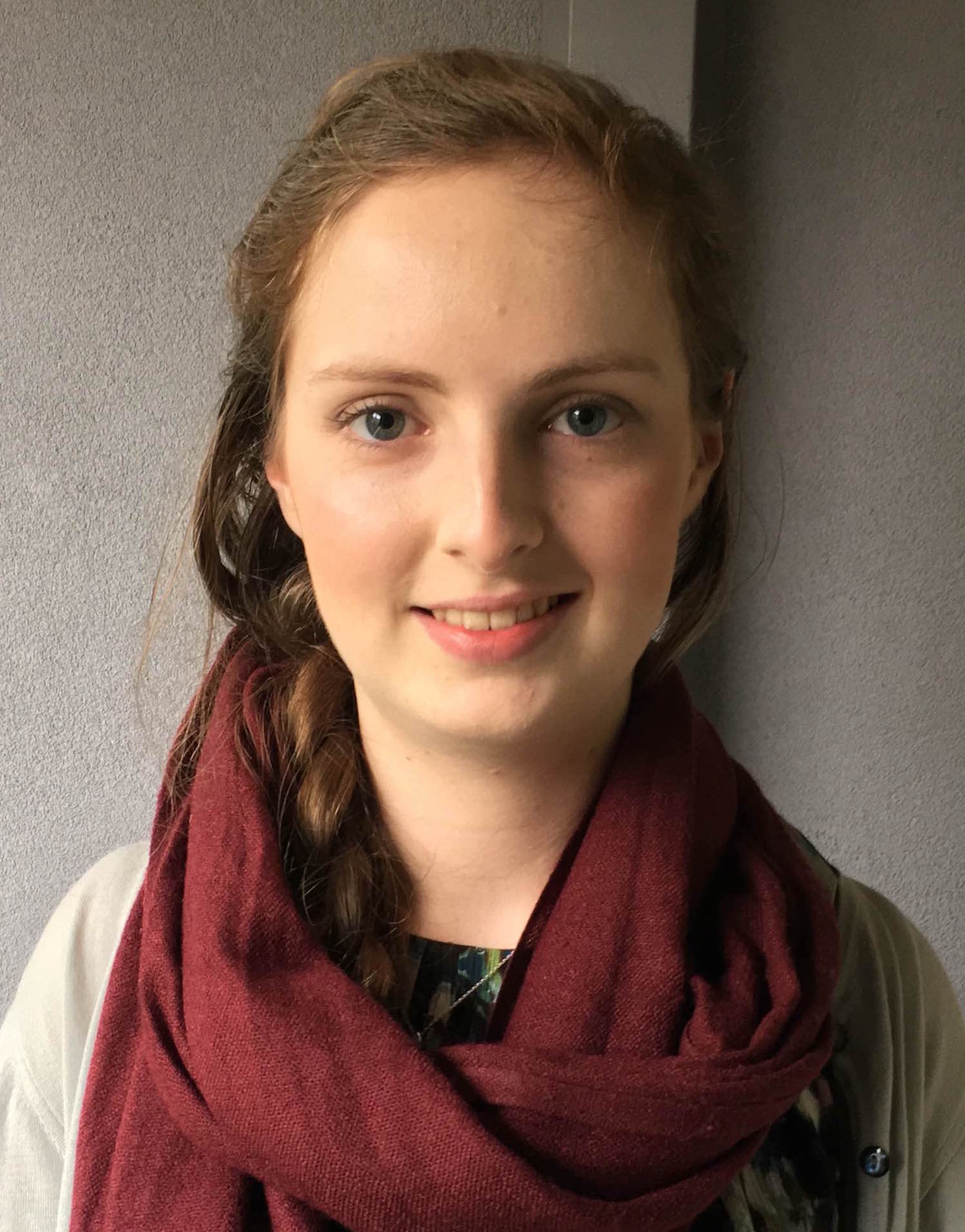
Joanne Usher
- Alumni
- Australia
- 2016 PhD Biological Science @ MRC LMB
- Peterhouse
I completed my PhD at the MRC Laboratory of Molecular Biology, working on a potential biomarker of mitochondrial dysfunction relevant to Parkinson's Disease. I now work in drug discovery research, utilising my mitochondrial biology and ubiquitin-related skills in early-stage target discovery and validation in neurodegenerative disease.
Mohammad Usman
- Alumni
- United States
- 2013 PhD Land Economy
- King's College
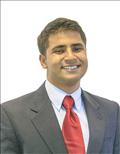
Mohammad Usman
- Alumni
- United States
- 2013 PhD Land Economy
- King's College
I am interested in the intersection of health, economic development, and urban planning. These interests are informed by my upbringing and my professional experiences serving as an advocate for civil legal justice at CUNY Law. At Cambridge, I studied the impact of urban governance on documented and undocumented migrant communities.
Alina Utrata
- Alumni
- United States, Czech Republic
- 2020 PhD Politics and International Studies
- Darwin College
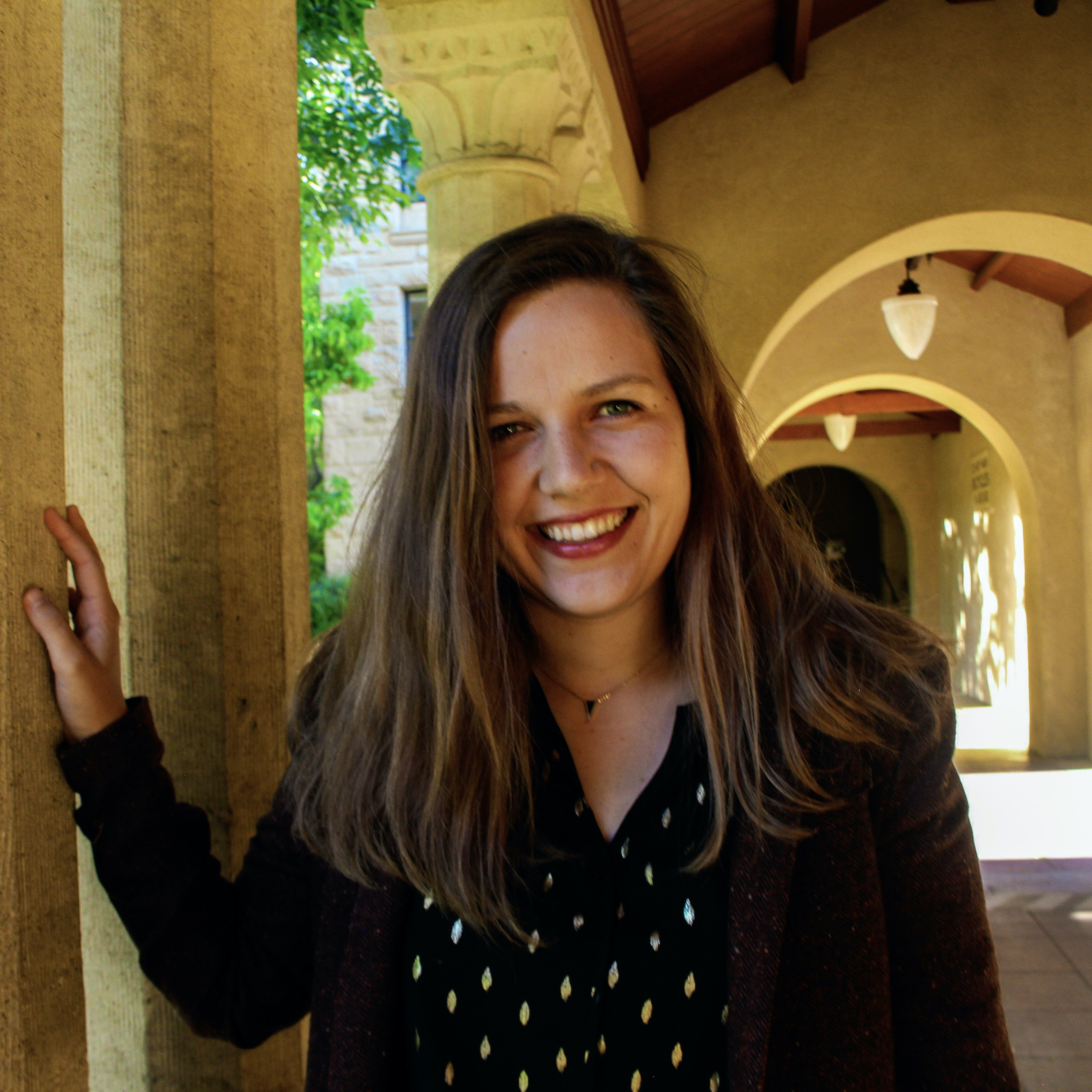
Alina Utrata
- Alumni
- United States, Czech Republic
- 2020 PhD Politics and International Studies
- Darwin College
I am currently a PhD Candidate in Politics and International Studies at the University of Cambridge and a 2020 Gates Scholar. My research examines how technology is impacting historic forms of state and corporate power. I also host a weekly podcast The Anti-Dystopians, the politics podcast about tech.I grew up in the San Francisco Bay Area, where I received my BA from Stanford University in History and the Law with a minor in Human Rights and honors in Democracy, Development and the Rule of Law. I received my MA in Conflict Transformation and Social Justice from Queen’s University Belfast as a 2017 Marshall Scholar, where my master’s research examined how new technologies were impacting policing and the nature of state control in Northern Ireland. My undergraduate honors thesis focused on the impact of transitional justice on communities transitioning out of conflict, specifically in Bosnia and Herzegovina. I have worked at the Center for Human Rights and International Justice and the Stanford Global Studies Division at Stanford University, the BrexitNI Law Clinic in Northern Ireland, the Asian International Justice Initiative in Phnom Penh, the Balkan Institute for Conflict Resolution, Responsibility and Reconciliation in Sarajevo and the US State Department in Washington D.C.
Previous Education
Queen's University Belfast Conflict Transformation 2018
Stanford University History 2017








